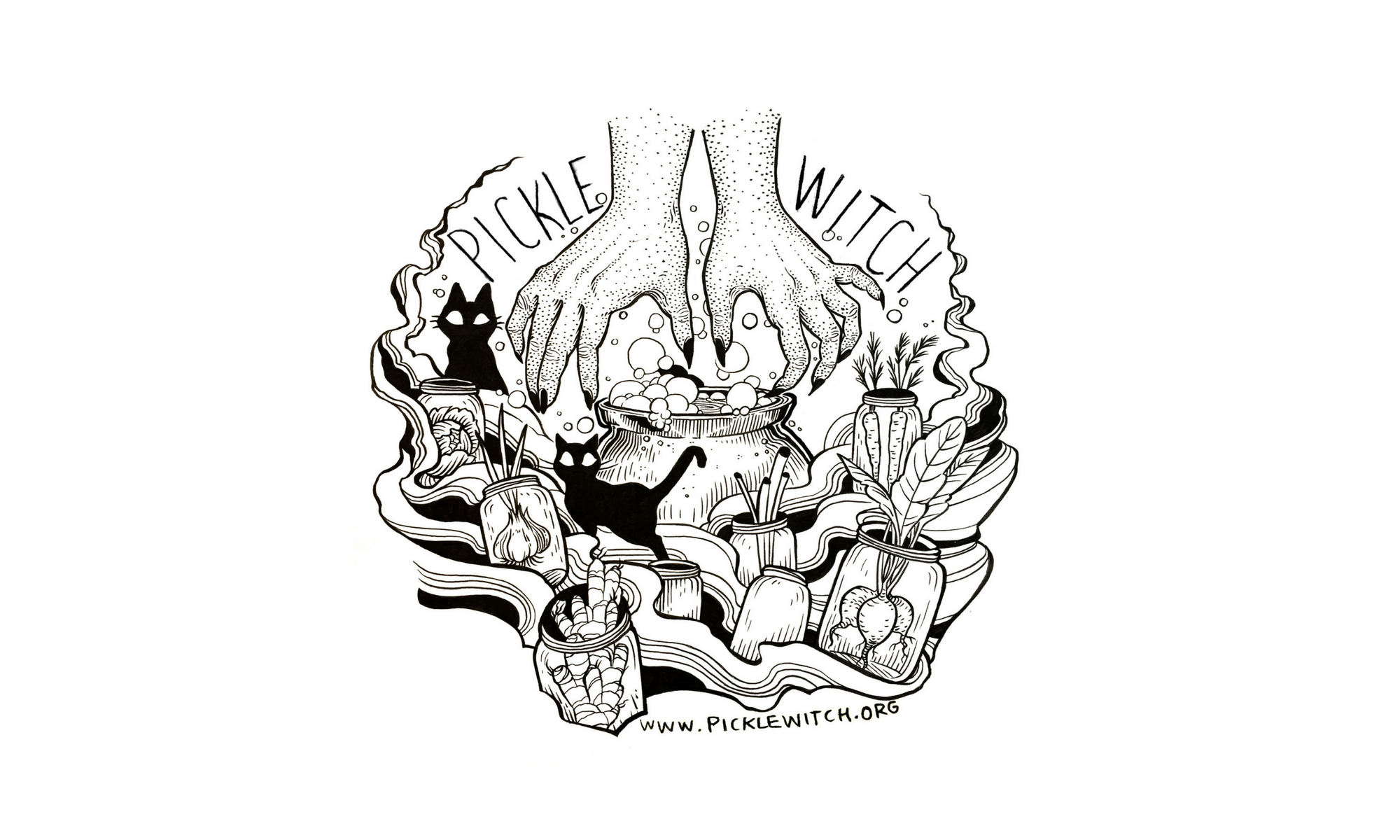Witches take many different forms, and are found in all cultures. Whether it is bruja or kahuna, baba or shaman, there have always been wise womxn healers. And as long as there have been witches, they have been persecuted for bucking strictly defined gender roles. For daring to gather and commune away from the watchful eye of men. For using folk wisdom and knowledge of medicinal plants to practice healing outside of the patriarchal medical establishment. For remaining unmarried or being economically self-sufficient.
Historically, all of these were reasons to be accused of witchcraft! Whether we are being drowned or burned at the stake, locked up for hysteria, or gas lit, a “witch hunt” is always for the purpose of shutting down an inconvenient womxn.
This shows that there nothing more threatening to the toxic establishment than knowledgeable, communities of healers, empaths, and powerful transgender, non-binary, womxn. One of the things we can do to build our power is to keep gathering together, keep trusting our instincts, and keep developing our skills. Personally, I’m invested in continuing to uplift the Black, Indigenous, People of Color (BIPOC), transgender, non-binary, and queer witches. Because even as white cis hetero women struggle compared to white men, the burden on our greater QT BIPOC community is even more formidable and deadly.
To reclaim the word and image of the witch is to reclaim the right to trust my intuition, gather with other wise BIPOC trans, femme, womxn, learn about healing plants, and resist gender roles for which we have historically been persecuted. Food is a sacred part of my healing practice.
